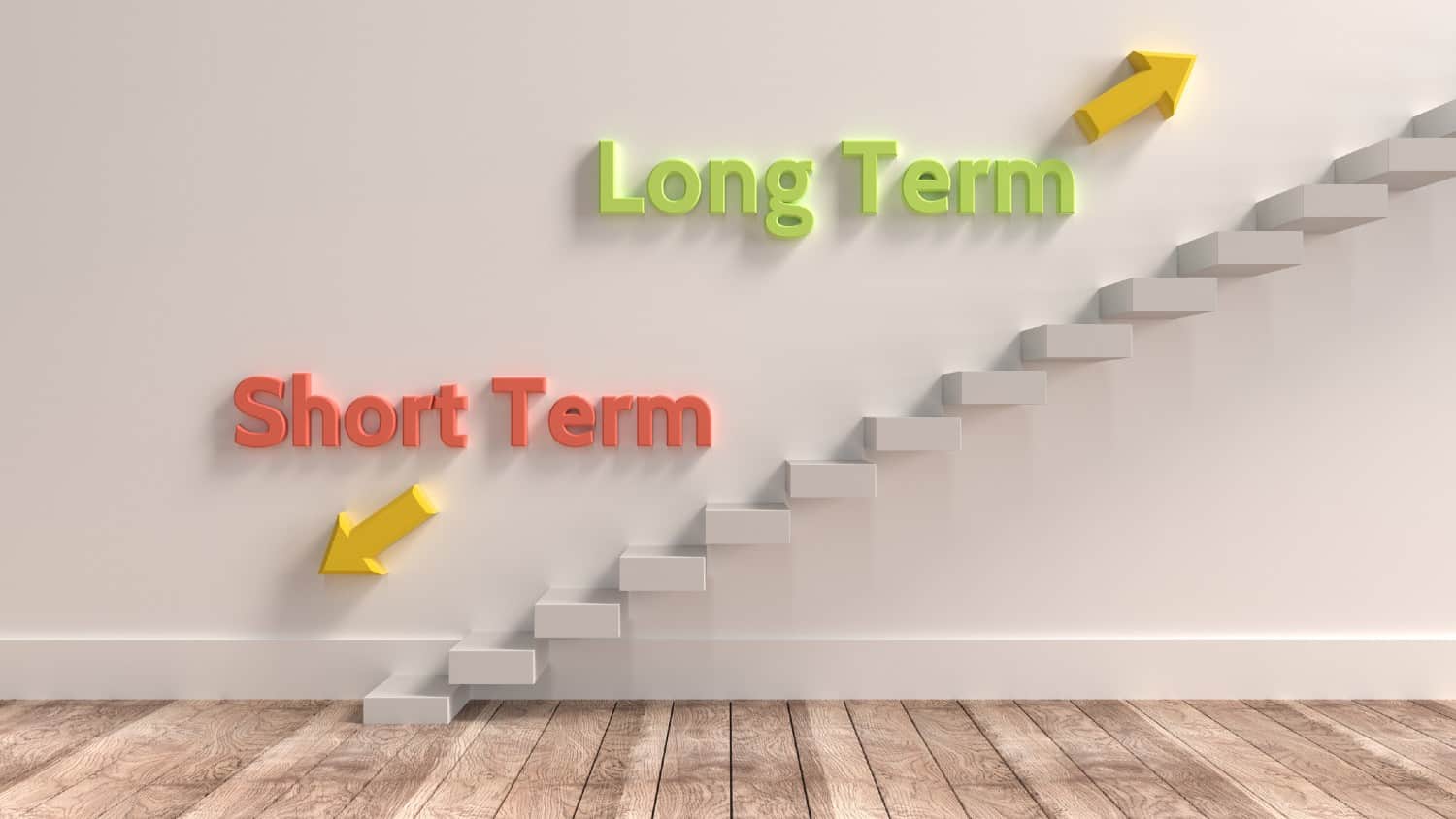This FTSE 100 share looked like a top buy a decade ago and unlike many better-known stocks on the index, it remains an overlooked gem today.
Big isn’t always beautiful. Pharmaceutical giant AstraZeneca is now the UK’s largest company by market cap at £186bn, but I don’t fancy its sky-high valuation of more than 70 times earnings. National Grid is worth £40bn and offers a steady income stream of around 5% but I fear it offers little prospect of long-term share price growth.
Too often forgotten
Bunzl (LSE: BNZL) is easy to overlook because the £10.5bn stock has no public profile to speak of, as it sells its non-branded ‘consumables’ to other businesses. The only reason investors might stumble across it is when they discover how well its shares have been doing.
I’ve just dug up a review of the stock from 10 years ago, in November 2013. I wrote that I had “gone a bundle on Bunzl”, calling it an unsung hero of the FTSE 100. I admired it for “rolling up its sleeves and getting down to the unglamorous task of selling food packaging, catering equipment, cleaning supplies and safety equipment to businesses around the world”.
At the time, its shares cost 1,374p. Today, they stand more than 128% higher at 3,138p. Investors would have got dividends on top, too. The Bunzl share price has continued to climb steadily, up 13.37% in the last 12 months.
Many of the things I wrote about Bunzl a decade ago still apply today. I called it a globally diversified business that has wrapped itself in another layer of diversification, by expanding across a range of services, including groceries, safety, non-food retail, cleaning, hygiene and redistribution.
This gave it a massive market to aim at, I added, and management was making the most of that opportunity through an aggressive acquisition programme.
I made two mistakes, though. I thought Bunzl’s share price looked expensive trading at 19.2 times earnings while the yield disappointed at 2.1%. The second mistake was failing to buy it as a result.
Time to act
Today, Bunzl still looks relatively expensive trading at 17 times earnings, while its forward yield is still 2.1%, against the FTSE 100 average of 3.6%. Those figures are remarkably similar, but I’m viewing them in a different light today, given that how well the Bunzl share price has done.
The main reason that the yield looks consistently low is that its share price has done so well. Interestingly, I expected to see smooth dividend progression, but in fact it has hopped around a bit, from 15.5p in 2019 to 89.9p in 2020, then 62.7p last year. Yet the long-term trajectory is upwards and today’s forecast payout is covered 2.9 times by earnings, giving further scope for progression.
As with every stock, there are risks. Acquiring companies in the way it does can be hit or miss, although Bunzl’s extensive experience here minimises the risk of flops. Another worry is that I’m buying at a share price peak, when I prefer to buy shares on a dip.
I’ve been banging on about Bunzl for years. Now’s the time to put my money where my mouth is and actually buy it. Ideally, I’ll buy on a dip but if I don’t get one, I’ll buy anyway.








